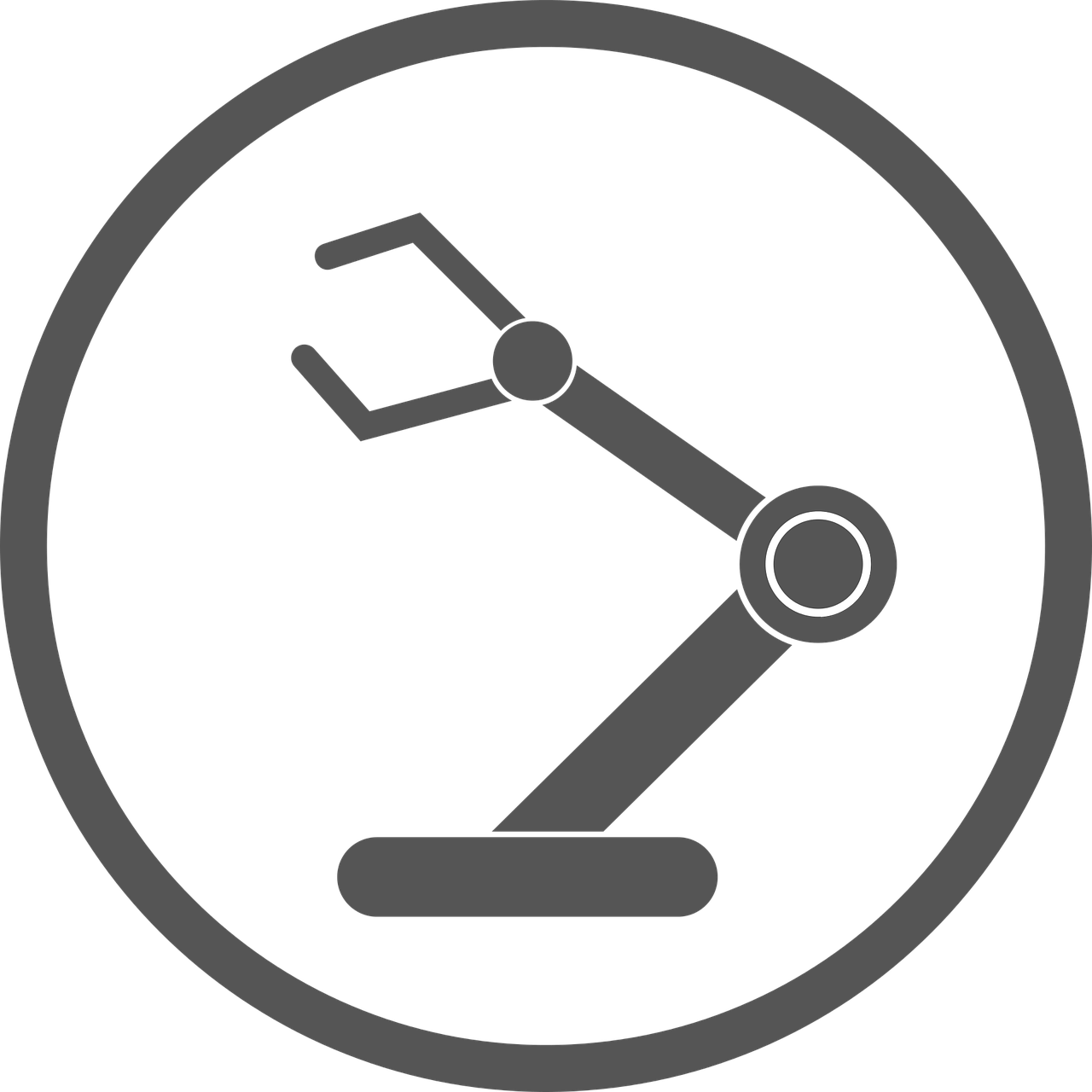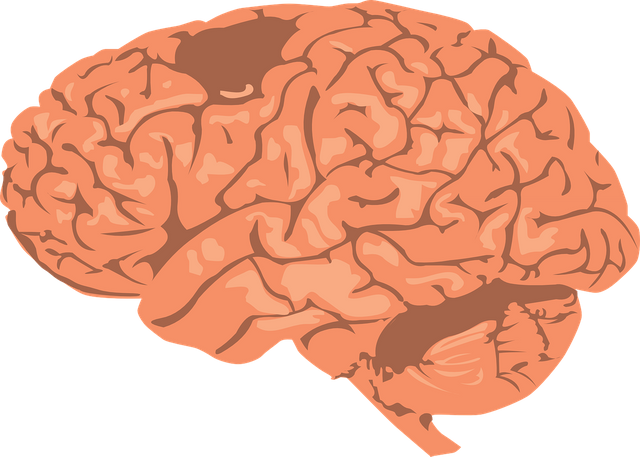Machines will be not not taking our jobs
Everyone agrees that human workers have been replaced by machines in the past. And everyone agrees that machines will continue to automate human jobs. It seems that technology advances rapidly nowadays and it is going to replace people from many, many sectors of the economy.
People agree on the above. But here is where they disagree. One camp (let's call them traditional economists and company) says that, yes, technology has taken people's jobs, but it always has simultaneously created new jobs and markets. So this time it will be the same - many jobs will go to the machines, but also many new jobs will be created and people will be employed to do them.
The other camp (let's call them information engineers and company) says that, yes, there will be new jobs created, but they will be very few. The vast majority of available jobs will be automated and consequently most people will be unemployed.
So who is right?
I don't want to go into statistics on how many jobs have gone from people to machines. I want to present my views on the topic because I haven't seen it laid out in quite this way.
I don't know the future, but a few things seem highly likely, based on current trends.
Let's first talk about the human brain. We can think of it as a general learning system. It can learn anything. If you live in an isolated tribe in a jungle, the brain will learn that environment, it will learn the language, the skills needed for survival there, all the cultural customs, etc., etc. Put a baby with the same brain in a modern technological society. It will learn the city environment, how to work with computers, it will learn about stars and galaxies, atoms, how to drive a car, etc. Our brain is capable of learning any sort of thing, including learning about itself.
Now, what about the machine "brain"? In 2012, a particularly interesting approach to building a machine brain became prominent. The approach is based on simulating neurons and how they connect to form neural networks. In the human brain, neurons connect with each other, creating biological neural networks. We can simulate this through computer software and thus build artificial neural networks. Just like the human brain, these artificial neural networks represent a general learning system. They can learn to do anything - from recognizing handwritten text or spoken speech, to translating between languages, to driving vehicles, to diagnosing diseases, to recognizing what's on images, you name it.
As an interesting sidenote, we are seeing more and more how the words "consciousness" and "intelligence" are now being separated. Recent examples are IBM's Watson which (or who?) won the Jeopardy game against the best players [1] and Google's AlphaGo which also won against the best players [2][3]. People don't consider these AIs to be conscious, but they do consider them intelligent.
So my point is that there doesn't seem to be a skill people have that machines will not be able to acquire. We seem to have found the approach - a general learning system - and it is only a matter of time before any task that humans can perform will also be able to be performed by an AI.
Even if there will be many new jobs created, it doesn't matter because the human capacity that allows people to do these jobs will be matched and outperformed by machines.
But can these artificial neural networks really learn to do anything?
I can't say for sure, because they haven't yet learned to do all the things people do, but so far they have been able to do amazing stuff. There isn't anything to suggest they won't be able to do the jobs of lawyers, managers, customer support, designers, writers, even the government.
Here are three examples. You be the judge.
A piece composed by an AI called Emily Howell:
The Tesla autopilot going for a test drive:
IBM's Watson vs the two top Jeopardy players:
So what do we do?
Two questions remain:
- How long till great portions of the population are unemployed because of automation?
- And, most importantly, how can we rearrange the social and economic system so all people can prosper in this highly technological society?
Recently I heard the famous chess player Garry Kasparov say in an interview that the future is a self-fulfilling prophecy. I think I agree with him - we will get whatever future we work towards.
References:
[1] https://www.theguardian.com/technology/2011/feb/17/ibm-computer-watson-wins-jeopardy
[2] https://en.wikipedia.org/wiki/AlphaGo_versus_Ke_Jie
[3] https://en.wikipedia.org/wiki/AlphaGo_versus_Lee_Sedol


One day machines will learn how to post the most useful and funny stuff, thereby take over social media. Thereby control us. But I own tech stocks, so it'll be fine, I guess.
Yeah, things might get pretty weird when that happens. Gmail already has AI-powered smart reply to emails: https://blog.google/products/gmail/save-time-with-smart-reply-in-gmail/
So soon we might start wondering how much of the emails we get are written by AI.
All the way, neither machines have created nor taken people's job. It is a matter of development. computers came and people thought the same and there have been versions and versions...lets appreciate innovation and stop taking it as a punishment.
Yep, I'm with you. Let's appreciate it. The point of posts like mine is to alert us to the consequences of this innovation. There will be economic and social changes and humanity will have to figure out how it wants to utilize the technology.
totally agree on this, we wanted technology and now we want it to back off? people make some peace with the fact that we're evolving.
Depending on what kind of society we will be living in the future, we'll be either happy or unhappy if the robots will take away majority of jobs. Typically efficiency on some sectors haven't removed the need of working force, just changed the jobs majority is doing. Compared to farming before and farming nowdays - you'll get more done with less people, but people still have lots of work to do.
However, working should not be the thing which defines what we are and are we worth anything. We as a people can find an enjoyable life without having to work 40 hours per week. One big question is though, why should we get any benefits from automation if we don't have any work ourselves? Should everybody without a proper job been left out from the society, or should they get all things for free for only living.
I can imagine the service sector will grow in the future. Even though we have service robots, we will find more people doing work in different services for other people (cleaning, gardening, hair dressing, massage, cooking, personal trainers etc.) when we can use automation in manufacturing processes.
Even though we can put a robot work in a factory faster and better than people do, it's a long way until a robot can be as good cook, gardener or personal trainer than we people are.
Oh and I enjoyed your post, this seems like the kind of original content I'm looking for on steemit :)
Glad to hear, thanks!
Well, my view is that technology is quite close already.
Nice to see a train of thought on this that isn't all doomsday.
Yes, I wanted to emphasize that it's up to us what kind of future we get.
Great post! BTW, Federico Pistono used to post on Steemit. Although, sadly he never seemed to engage with community (respond to comments, go on chat, debate etc.)
https://steemit.com/@federicopistono
Some jobs will stay for a long time unless we develop technology allowing production of human-like androids or AI capable of creative and abstract cognition. I am talking about craft or fitness professions such as personal trainer, abstract artist, self defense instructor, diving instructor etc.
(I sent you an email)
I didn't know about Federico, cool. I followed him, though it seems he isn't posting.
I don't know about the jobs. With virtual reality, it seems possible to do so many things.
I disagree with your basic assumptions.
People don't need a job to live.
They need food, shelter and clothing.
This job thing only came about because of the industrial revolution.
Everyone in america should own their own home.
Not as in something they should do, but in, that we have already paid for all the homes three times over. It is only a game of the banks that we have not.
Mortgage means, in French, death note. Or you will pay until you are dead.
Any banker dealing in such things should be put to death. (murder is a capital offence)
The brain is not where thoughts happen. Building a brain with electronics is just building a self-modifying robot. The spark of innovation is not there.
Yes, there are computers that replicate ingenuity.
But they simply take preconceived note patterns and replicate them into a song.
In other terms, sure they can come up with pop songs, but they can't do rock.
I didn't see the disagreement, as far as the economics goes. I agree with you that people don't need a job to live and that what they need is food, shelter, clothing, etc. My post's purpose is to encourage this kind of thinking: how can we provide for people's needs if they don't have jobs?
I think you should read more about the one and only visionaries and futurist Jacque Fresco, a self-taught industrial designer, who promoted an alternative society where resources would be distributed equitably by computers...
One of his video about it:
Yep, I'm volunteering for The Venus Project to help make a beautiful future happen.
Singularity.